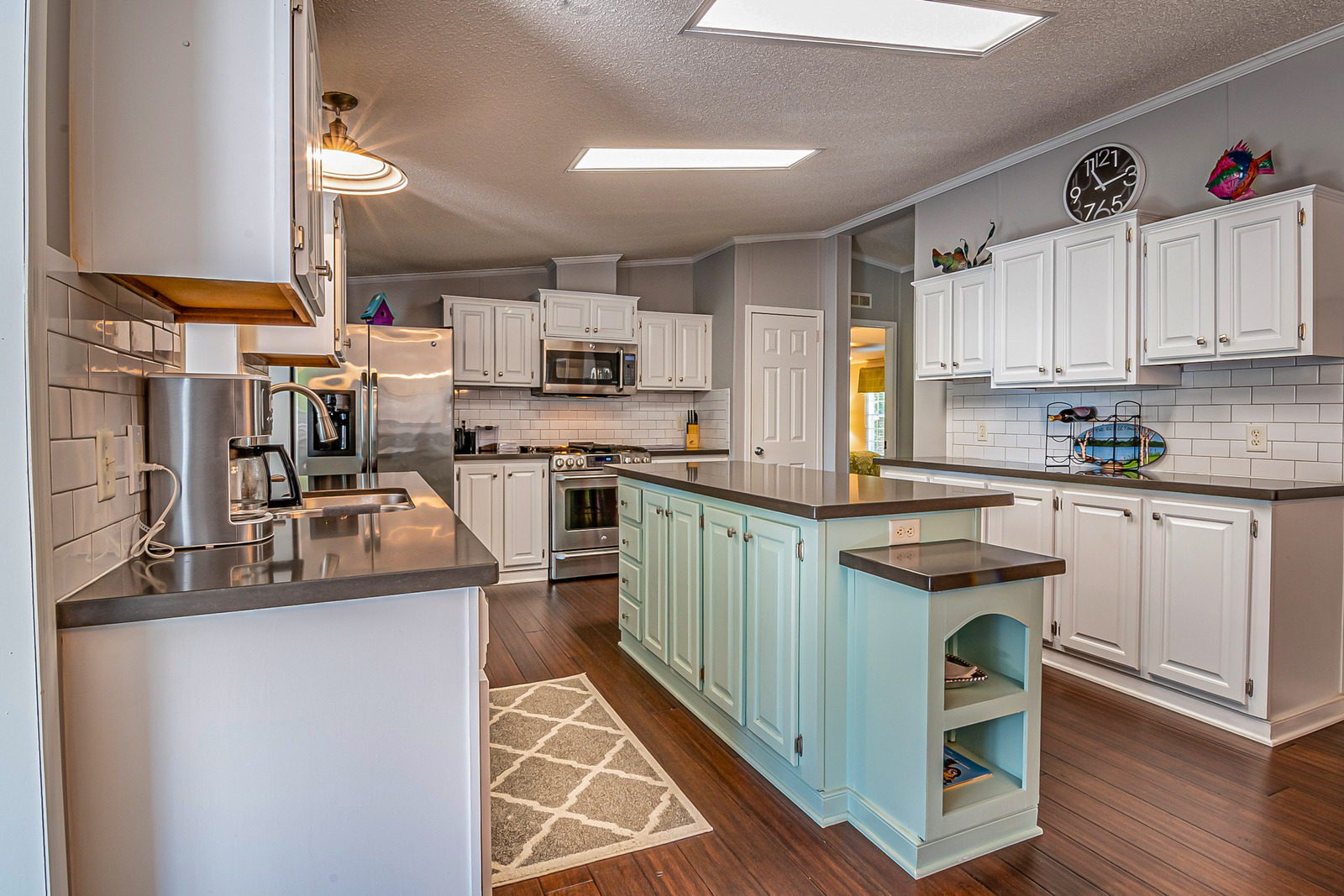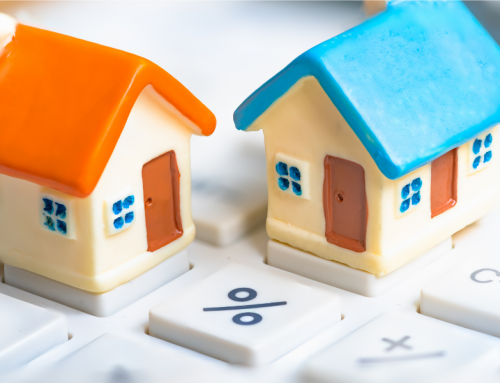The Covid-19 pandemic has brought about many unprecedented changes in 2020 that have affected all of us in one way or another. First and foremost, I hope everyone has been staying healthy throughout this crisis. Even if you and your family were fortunate enough to safeguard your health, your financial picture may have changed, especially if you are unemployed or furloughed.
If you were in the market to buy a home before the pandemic, a recent job loss may have put your plans on hold. The good news is your new home doesn’t need to be put on hold forever and the current situation might not be as much of a setback as you think. The key is to know how to navigate these new circumstances.
How Does Unemployment Affect My Loan?
When applying for a mortgage, a lender evaluates your application based on the likelihood of you being able to repay the loan. Income is a major indicator of your financial health. So if you suffered a job loss while in the middle of home shopping, you might have to put the purchase on hold.
Even an unemployment check is considered temporary income, so it can’t be used to qualify for a mortgage, says Jackie Boies, senior director of housing and bankruptcy services at Money Management International, a nonprofit providing financial education and counseling.
In short, “unemployment could have an effect on your ability to purchase a home in the short term,” Boies says.
However, borrowers should not get discouraged because as soon as you are able to return to work, you can be back on the path to homeownership. Buyers won’t be able to qualify for a loan immediately, but after six months of steady income at a current employer and two years of overall steady income you can typically qualify for a loan.
How to Maintain Your Credit – Even When Financially Strained
In addition to employment history and income, your credit score is another barometer of your financial picture. And unfortunately, your credit score can be damaged during unemployment if you are unable to pay your bills or you are increasing credit card utilization.
Try to preserve your credit score as much as you can while you are unemployed. There are several factors that impact your credit score but your payment history is one of the most important contributing factors.
In your budget, prioritize making your minimum payments. If this still seems impossible, call your lenders or creditors and request a payment plan or extension instead of simply missing payments. Making those phone calls can be the difference between maintaining your score or letting it drop several points. Typically lenders and creditors are sympathetic to your situation, given the current climate. The key is to make the call and keep communication open at this time.
Will the Home Search Experience Change?
When you are ready to start shopping for a home again, the process may be a little different, depending on when you start your home search.
For example, there is currently a limit to the number of people allowed at a showing and social distancing is still in place. You may find it helpful to take a video tour prior to walking through the home to minimize contact and narrow your list of walkthroughs to only specific homes you are interested in.
You can learn more about what buyers can expect during or after a pandemic here:
Rochester Hills Lender Explains What Homebuyers Can Expect During the Coronavirus Pandemic
About Michigan Loan Expert, Julie Krumholz
Julie Krumholz, is a Rochester Hills mortgage lender at Superior National Bank. With over 35 years in the mortgage industry, Julie’s goal is to provide the best possible mortgage experience and the most competitive rates. Julie has vast experience in FHA loans, VA Loans, USDA loans, portfolio loans, MSHDA loans and more.






